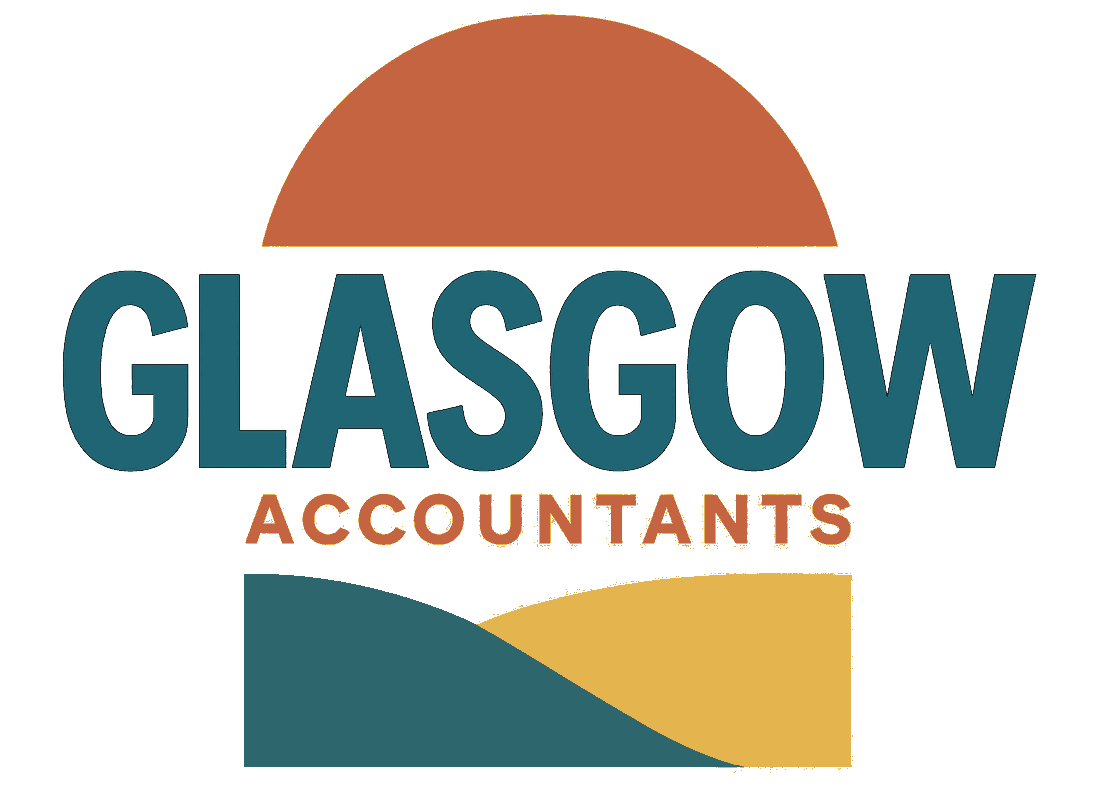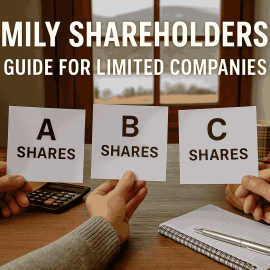
Glasgow Accountant Guide: Director’s Loans Explained
Many small company directors across Glasgow wonder how they can access company funds without going through the formalities of salary or dividends. That’s where Director’s Loans come in—a useful short-term option, but one that comes with strict tax rules and potential risks if not managed properly.
This guide outlines what a Director’s Loan is, how it works, and what you need to know to avoid unexpected charges from HMRC.
What Counts as a Director’s Loan?
A Director’s Loan is any money you take from your limited company that is not:
- A salary or PAYE payment
- A dividend
- A reimbursed business expense
- A repayment of money you previously lent to the company
If you withdraw funds for personal use and it doesn’t fall into one of the above categories, it’s recorded in the company’s books as a Director’s Loan.
Why Use a Director’s Loan?
For business owners in Glasgow, there are a few reasons this option can be attractive:
- Quick access to cash – You can withdraw money temporarily without needing to set up payroll or issue dividends.
- Reclaim funds you’ve loaned – If you’ve lent your own money to the business in the past, you can repay yourself tax-free.
- No immediate PAYE/NIC – You may be able to avoid salary taxes in the short term (though not indefinitely).
What Are the Risks?
Director’s Loans are not tax-free withdrawals unless very carefully managed. Here’s what can go wrong:
⚠️ Overdrawn Loan Account
If the loan isn’t repaid within 9 months of your company’s year-end, HMRC charges 33.75% Section 455 tax on the outstanding balance.
⚠️ Benefit-in-Kind Tax
If the loan exceeds £10,000 at any time, it becomes a taxable benefit. You’ll owe personal tax, and your company must pay Class 1A National Insurance.
⚠️ Double Taxation Risk
If the loan is later written off, HMRC can treat it as income, triggering additional income tax and possibly more National Insurance.
⚠️ Impact on Company Finances
Taking money out—especially if you don’t repay it—can cause cash flow issues, particularly if your business has other commitments.
Tax Summary
Here’s how the tax side of things works:
- Section 455 Tax• Charged at 33.75% of any unpaid balance• Applies 9 months after your company’s year-end• Refundable when the loan is repaid
- Benefit-in-Kind (BIK) Tax• Applies to loans over £10,000• Must be reported on your Self Assessment• Triggers Class 1A NIC for the company
- Interest Calculations• HMRC official rate for 2025/26 = 3.75%• If your company charges you less than 3.75% interest, the difference is taxed as a BIK
Example Scenario
Let’s say a Glasgow-based director takes a £15,000 loan from their company:
- £5,000 repaid within 6 months
- £10,000 outstanding at year-end → triggers benefit-in-kind
- If still unpaid 9 months after year-end → Section 455 tax of £3,375 applies (33.75% of £10,000)
That tax is refunded when the loan is eventually repaid—but in the meantime, your company has to front it.
Best Practices for Director’s Loans
If you’re going to use a Director’s Loan, keep yourself out of trouble by following these guidelines:
✅ Maintain a Director’s Loan Account with accurate records of every withdrawal and repayment
✅ Repay loans within 9 months to avoid S455 tax
✅ Keep balances under £10,000 if you want to avoid BIK reporting
✅ Get advice before taking large or repeated loans
✅ Consider whether a dividend or salary would be more efficient
How I Help Glasgow Directors Navigate It
As a local accountant working with limited companies across Glasgow, I regularly help directors:
- Compare Director’s Loans with salary/dividend options
- Build repayment plans to avoid HMRC penalties
- Calculate the benefit-in-kind correctly
- Plan around exit strategies (sale, closure, succession)
Used carefully, Director’s Loans can offer flexibility—but if mismanaged, they can lead to unnecessary tax bills or compliance headaches.
Need Advice on a Director’s Loan?
If you’re a limited company director based in or around Glasgow and you’re unsure how to structure a loan from your company, I can help.
👉 Contact Glasgow Accountants – Practical, personal advice on Director’s Loans, dividends, and smart tax planning tailored to your business.



